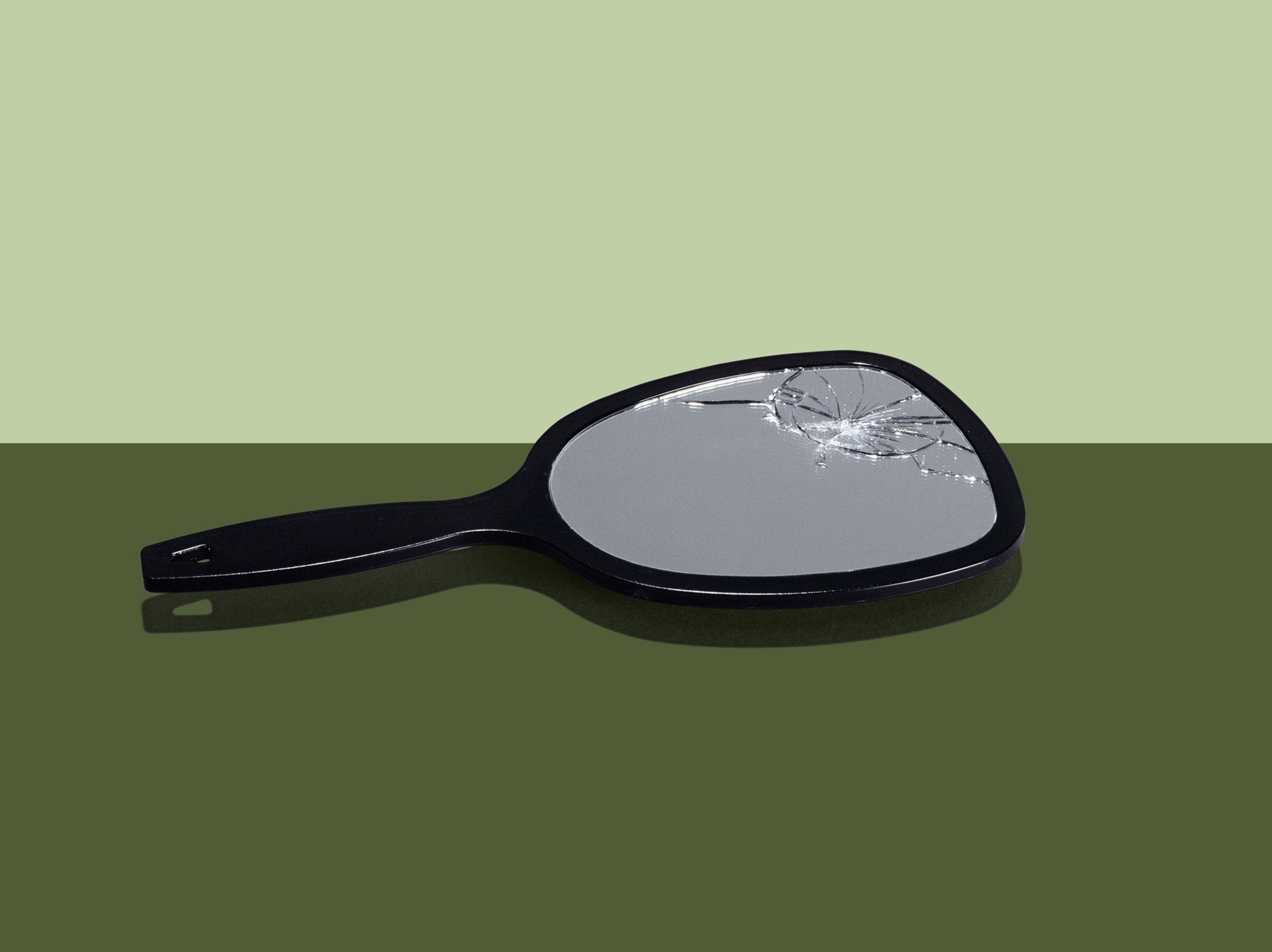
Whether you’re talking, scowling or smiling, a groove forms on your skin the moment you move one of your facial muscles. That groove is perpendicular to the movement of the underlying muscle, explains Dr. Anthony Rossi, a dermatologist at Memorial Sloan Kettering Cancer Center. “For example, forehead grooves are horizontal because our forehead muscle pulls up,” Rossi says.
When it comes to your smile, the largest of the lines that form are the “nasolabial folds”—those big parentheses of skin that arc downward from the sides of your nose to the corners of your mouth, explains Dr. Marc Glashofer, a New York-based dermatologist. Those folds appear every time you smile. And as you grow older, those happy-face grooves don’t fade away once you stop beaming, Glashofer says.
But don’t blame your smile. The real culprit is your skin’s diminishing elasticity.
Rossi calls the biological changes that hurt your skin’s rebound abilities “intrinsic aging.” These include breakdowns to the underlying structure of your skin due to factors like fat loss and muscle atrophy. Rossi says your genetic makeup also affects how your hide holds up to years of smiling. “We know different ethnicities age differently,” he says, adding that your skin’s natural melanin concentrations and oil production also play a role in how quickly your smile groves will start to leave their mark. Unfortunately, many of those variables are out of your hands.
You Asked: Your Top 10 Health Questions Answered










But here’s one factor you can control: ultraviolet radiation exposure from sunlight. “This is actually the number-one cause of wrinkles,” Glashofer says. The more sun your skin soaks up, the more its connective tissue breaks down, leaving it less firm and less elastic.
For that reason, Glashofer and Rossi recommend the daily use of a sunscreen that guards against both UVA and UVB rays. Both dermatologists also advise keeping your skin well hydrated, which starts with drinking plenty of water. Rossi says H2O is a major component of your dermis—the layer of skin that houses many of the structural proteins that keep you looking youthful. He also suggests using a skin moisturizer, which helps your skin lock in water.
Retinol-based creams are also aces at fending off age lines, Rossi says. “They not only promote the formation of new skin cells, but they also increase collagen production, which improves the appearance of wrinkles and slows their formation,” he explains.
Of course, you could also try to limit your smiles. But you’d be forgoing the immune system-boosting, stress-lowering benefits of a good laugh. “I would never tell anyone to avoid smiling,” Glashofer says. “You are truly blessed to have an abundance of smiles in your life.”
Read next: You Asked: Does Laughing Have Real Health Benefits?
More Must-Reads from TIME
- How Donald Trump Won
- The Best Inventions of 2024
- Why Sleep Is the Key to Living Longer
- Robert Zemeckis Just Wants to Move You
- How to Break 8 Toxic Communication Habits
- Nicola Coughlan Bet on Herself—And Won
- Why Vinegar Is So Good for You
- Meet TIME's Newest Class of Next Generation Leaders
Contact us at letters@time.com